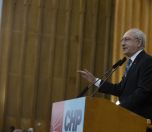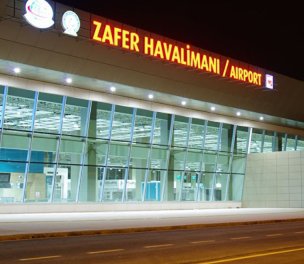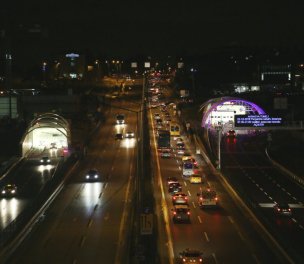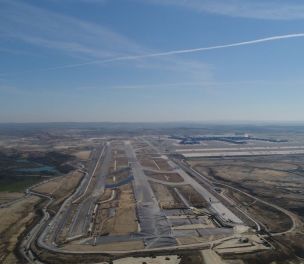Çanakkale Bridge opened: Costs to nature and public
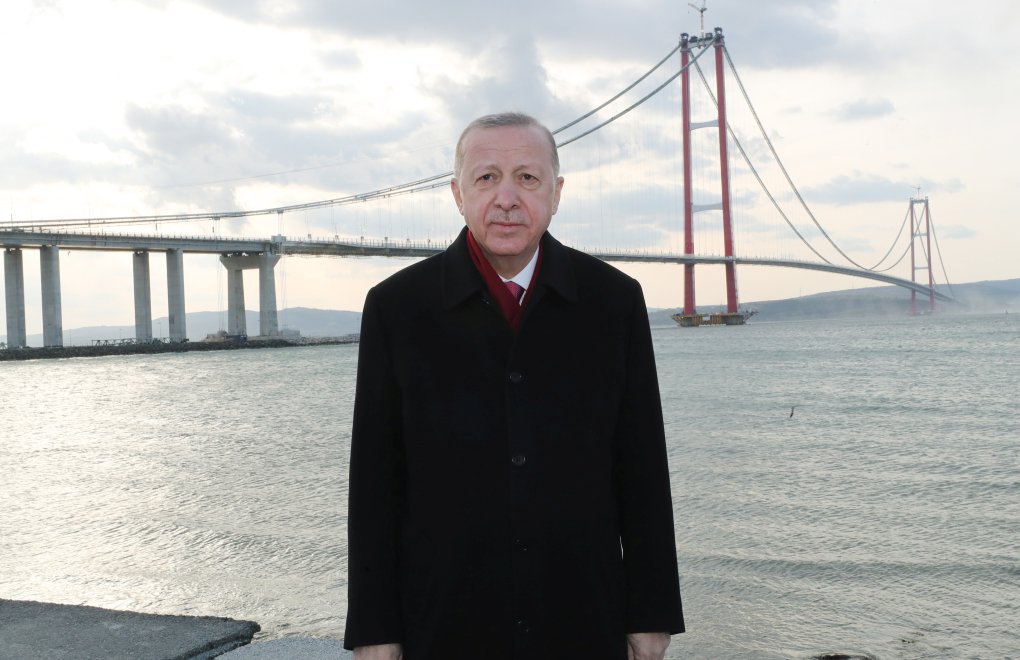
Photos: AA
Click to read the article in Turkish
President and Justice and Development Party AKP) Chair Recep Tayyip Erdoğan on March 18 inaugurated the 1915 Çanakkale Bridge connecting Europe and Asia over the Dardanelles Strait.
The bridge was opened for traffic on the 107th anniversary of the Çanakkale Naval Victory, a 1915 win of the Ottoman Empire during World War I.
Speaking at the opening ceremony, Erdoğan said, citing unspecified calculations, that the bridge will make a contribution of 5.3 billion Euro in production and of 2.4 billion Euro in domestic income. The bridge will also create 118,000 jobs, he said.
However, on the other side of the coin, there are the adverse effects of the bridge on nature, economy and society, according to economists and scientists.
Guaranteed payments
Suat Sarı, a member of the İstanbul Metropolitan Municipality (IMM) City Council, said the guaranteed payment for the bridge was 4.3 billion lira and it would increase even more with the opening of a 324-kilometer highway, which he said is "the most important part of the road system completing the bridge."
"A total of 7 billion Euro will be paid with the application of the US inflation to the tolls," he said, quoted by daily Sözcü.
It is very unlikely that the guaranteed number of 45,000 vehicles will cross the bridge, Sarı added. This amounts to 16.42 million vehicles annually.
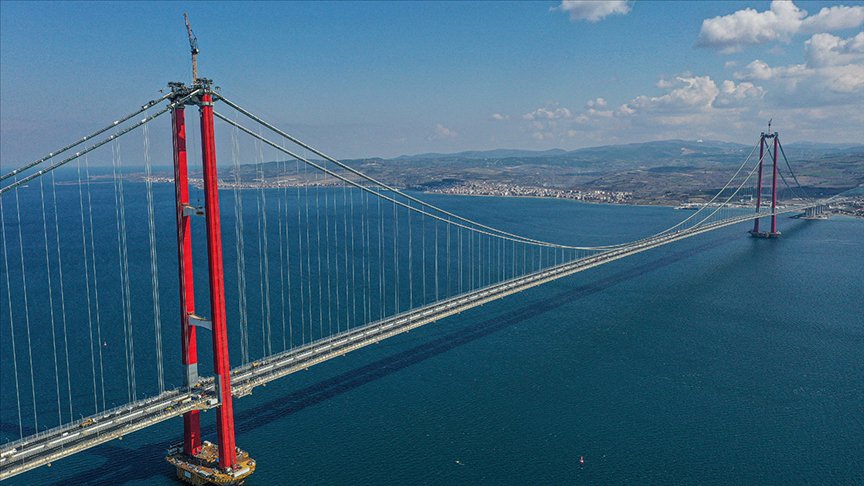
The Daelim-Limak-SK-Yapı Merkezi consortium, which comprises companies from Turkey and South Korea, will receive a guaranteed payment of 380 million Euro in a year.
In other words, citizens will pay 675,000 Euro a day to the companies whether they use the bridge or not, as calculated by daily Evrensel.
The yearly guaranteed payment amounts to the total monthly income of 1.37 million minimum wage earners.
One-way toll on the bridge is 200 lira (13.47 US dollars). A person earning the minimum monthly wage of 4,250 would have spent 14 percent of their monthly income for a round trip on the bridge.
Sea crossings
Before the coronavirus pandemic, the average number of vehicles crossing the strait over the sea was 12,431, much lower than the guaranteed vehicle crossings over the bridge.
Gestaş, the company providing car ferry services in the Dardanelles, currently charges 107 lira per automobile and 6.5 lira per passenger. The bridge toll is more than twice higher than the ferry fare.
Çiğdem Toker, an economy columnist for Sözcü, noted on Twitter that the toll was determined in 2016, when the exchange rate of the Euro was about 3.50 against the lira. Today, it is 16.40.
Approximately 2.265 billion Euro of loans were taken for the project, 70 percent of which were from foreign banks and financial institutions.
Environmental impact
During the construction of the bridge, its plans were changed 18 times. Fourteen of these changes were made through presidential decrees.
According to Selahattin Beyaz, the head of the Water and Sewage Commission of the İstanbul Chamber of Environmental Engineers, the reason for many changes in the plan was the bridge's impact on the region.
"During the construction phase of the bridge, fertile agricultural lands were expropriated, and villagers who made a living from agriculture were removed from this area," he told Evrensel.
About 5,000 hectares of agricultural land were expropriated and 500,000 trees were cut down because of the bridge, he noted.
Moreover, the bridge will cause ribbon development and unplanned population growth, noted Beyaz.
"In the near future, unplanned population growth will negatively impact the city life and ecological living spaces. The excessive increase in land prices confirms this.
"The water structures built by the state along the bridge and connection roads will be deactivated, public damage will occur, and the burden will again be placed on the working people.
"At the same time, due to the vehicle traffic, the forest ecosystem affected by the exhaust gasses will change, many living things will perish or leave the area. The burden of the project will be on the working people, and the profit will be used for the survival of the capital owners and the government." (AEK/VK)




